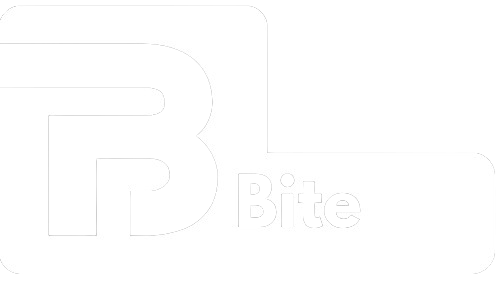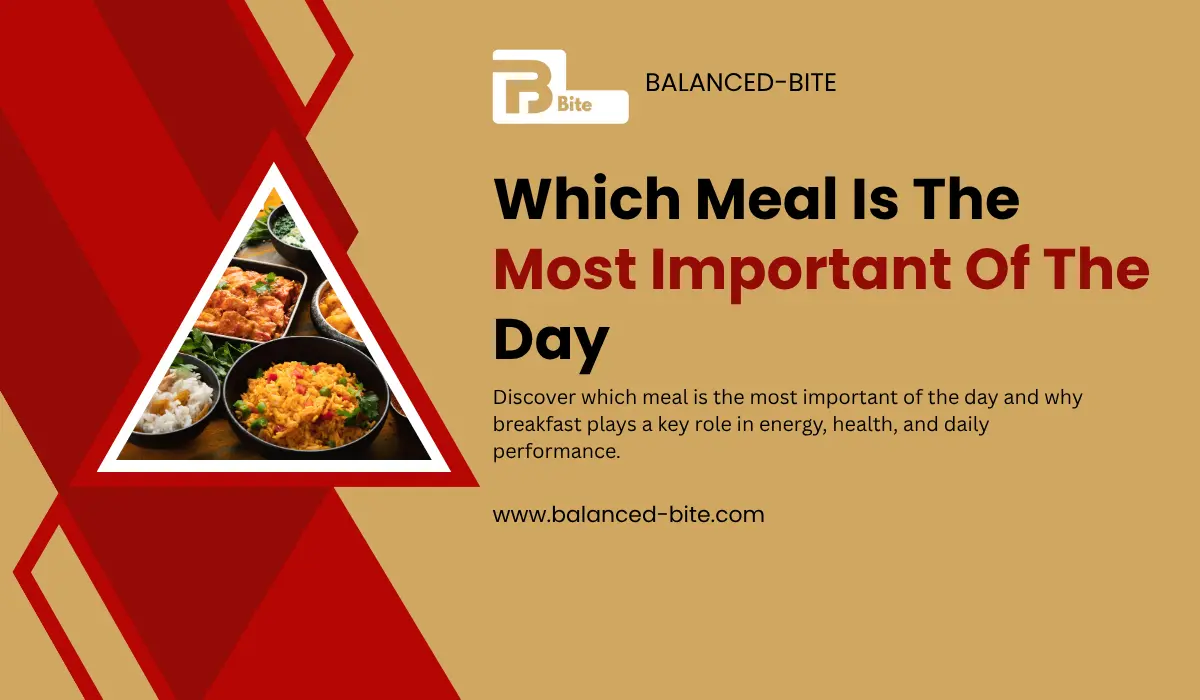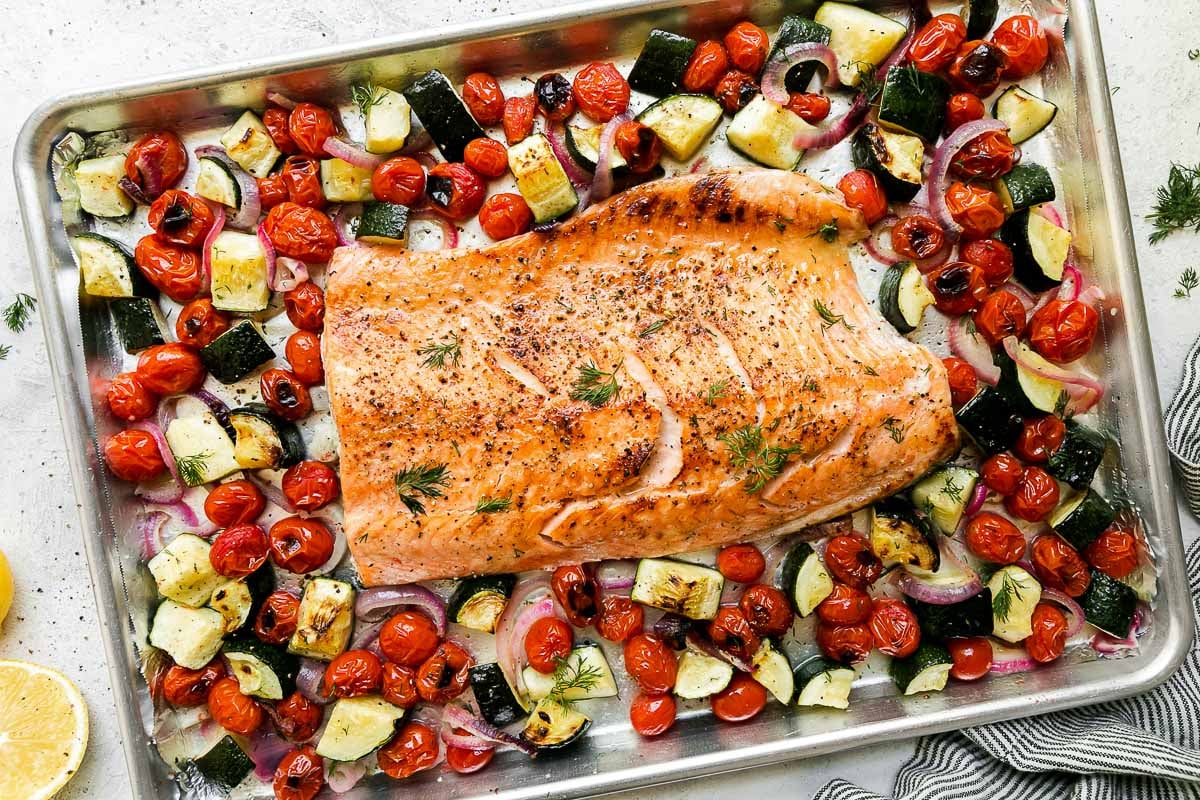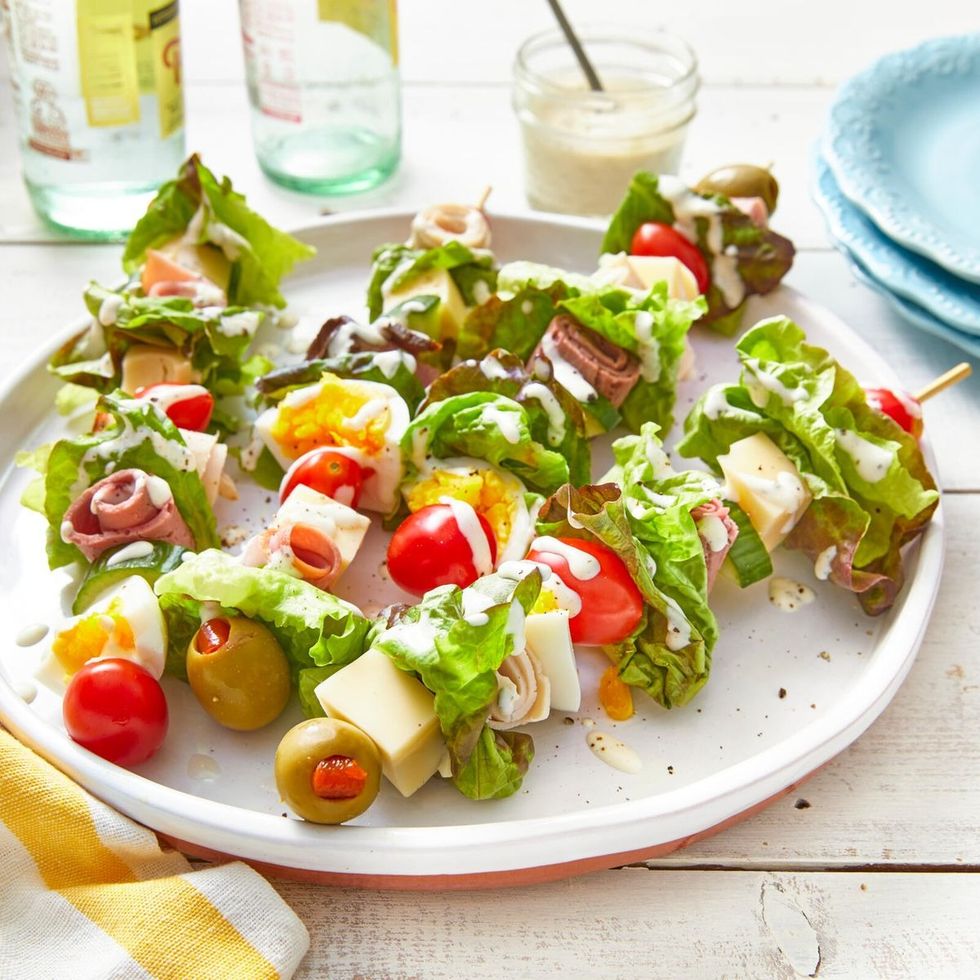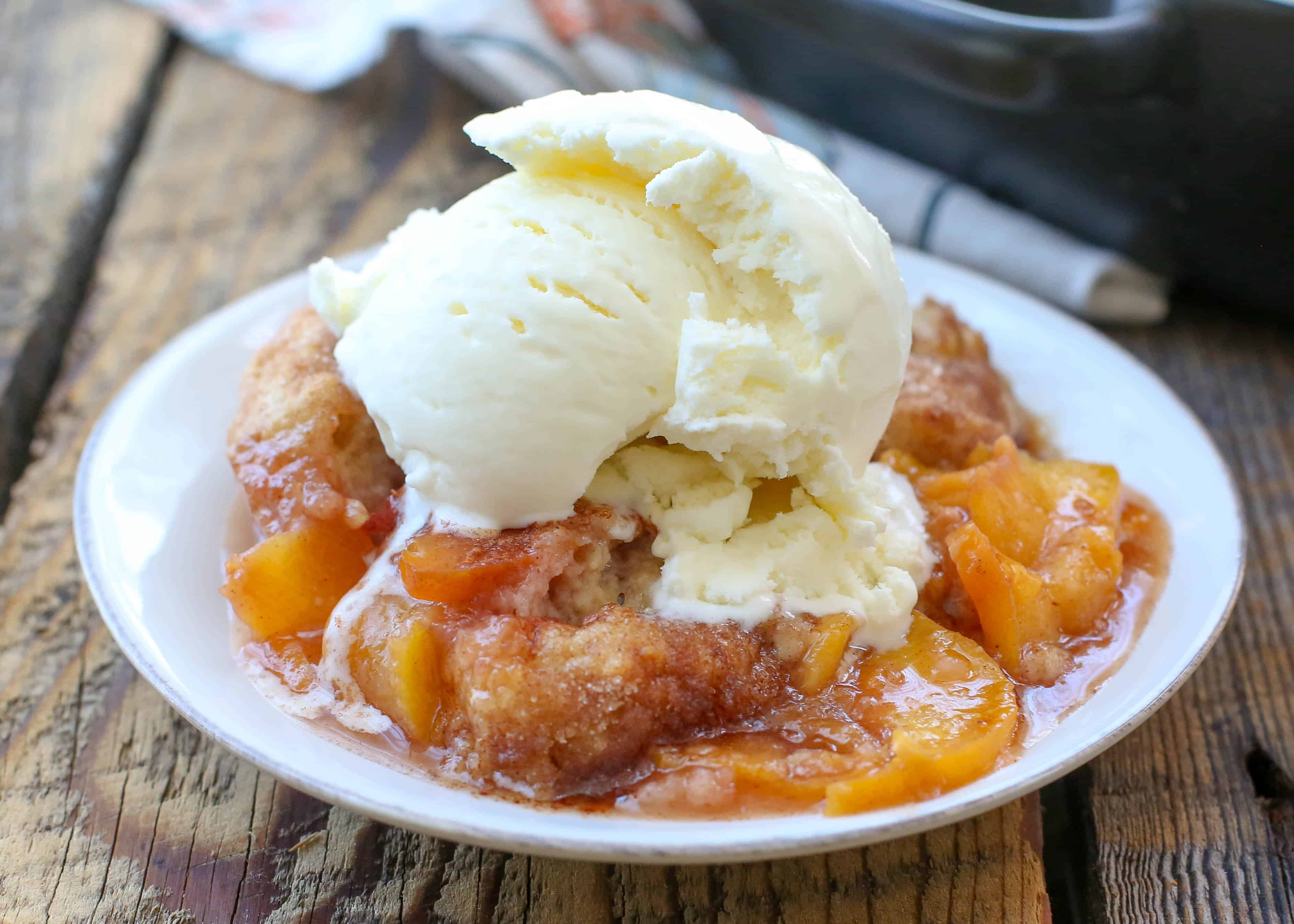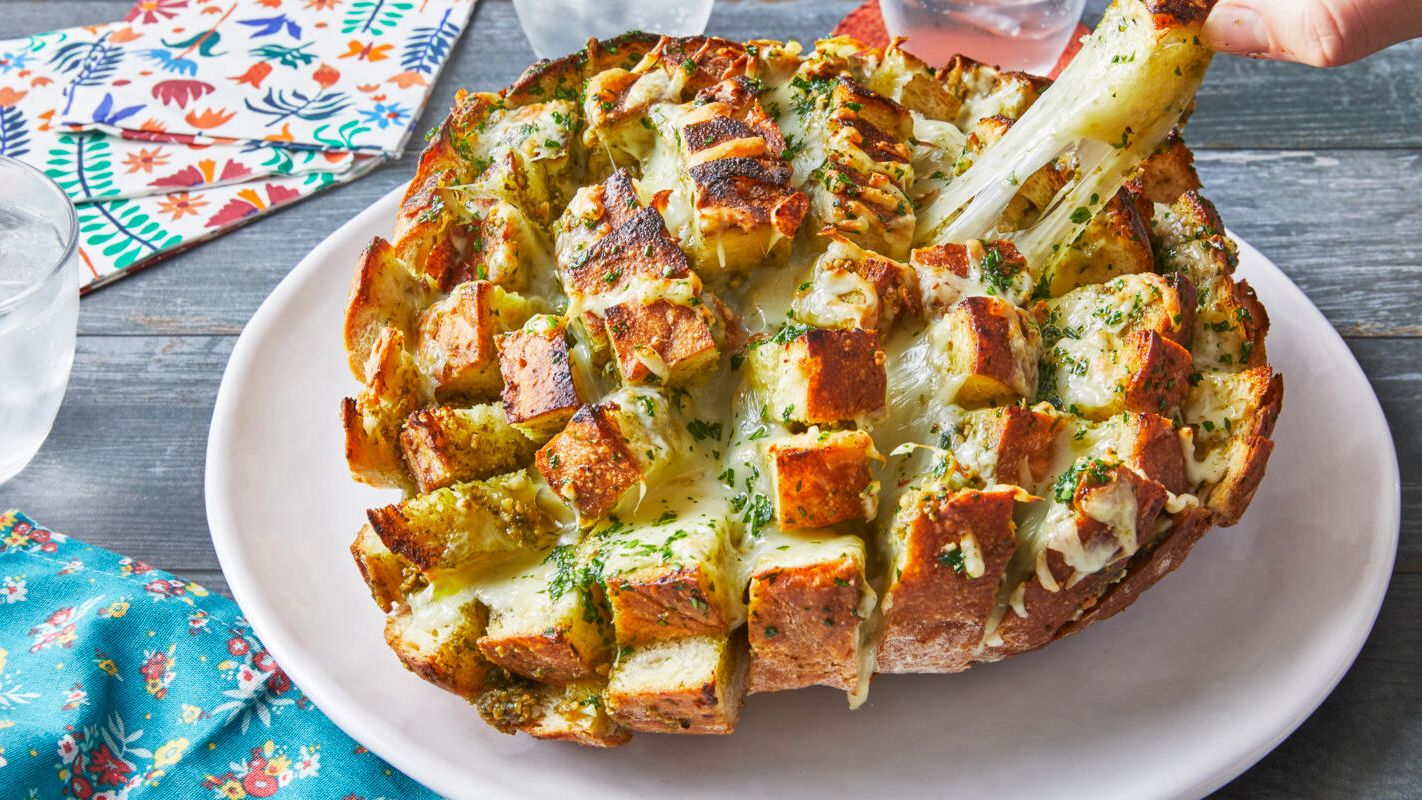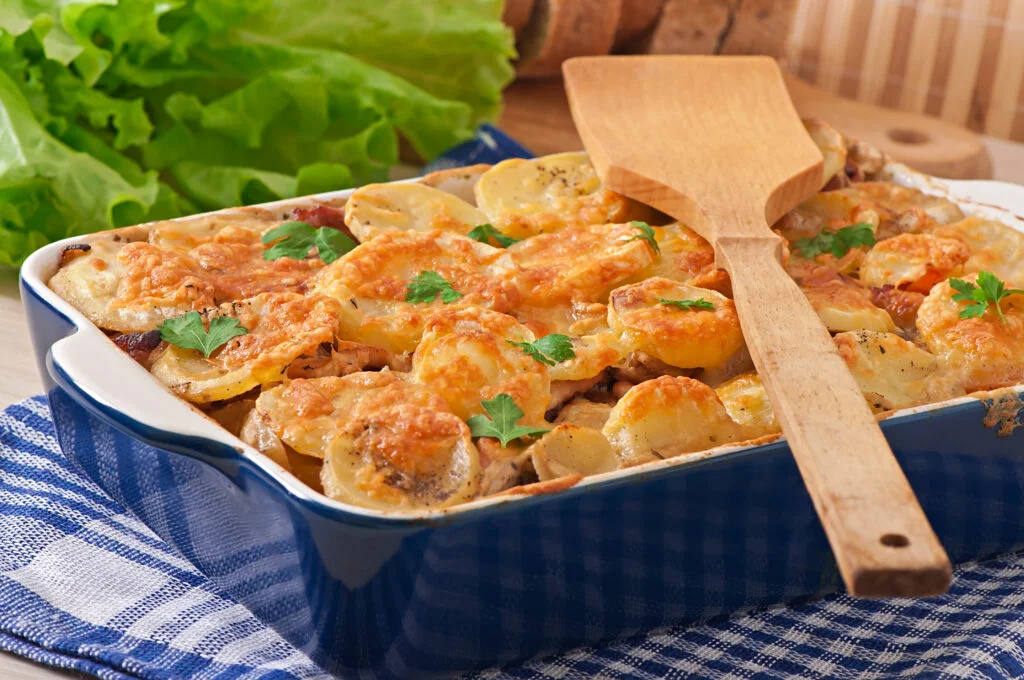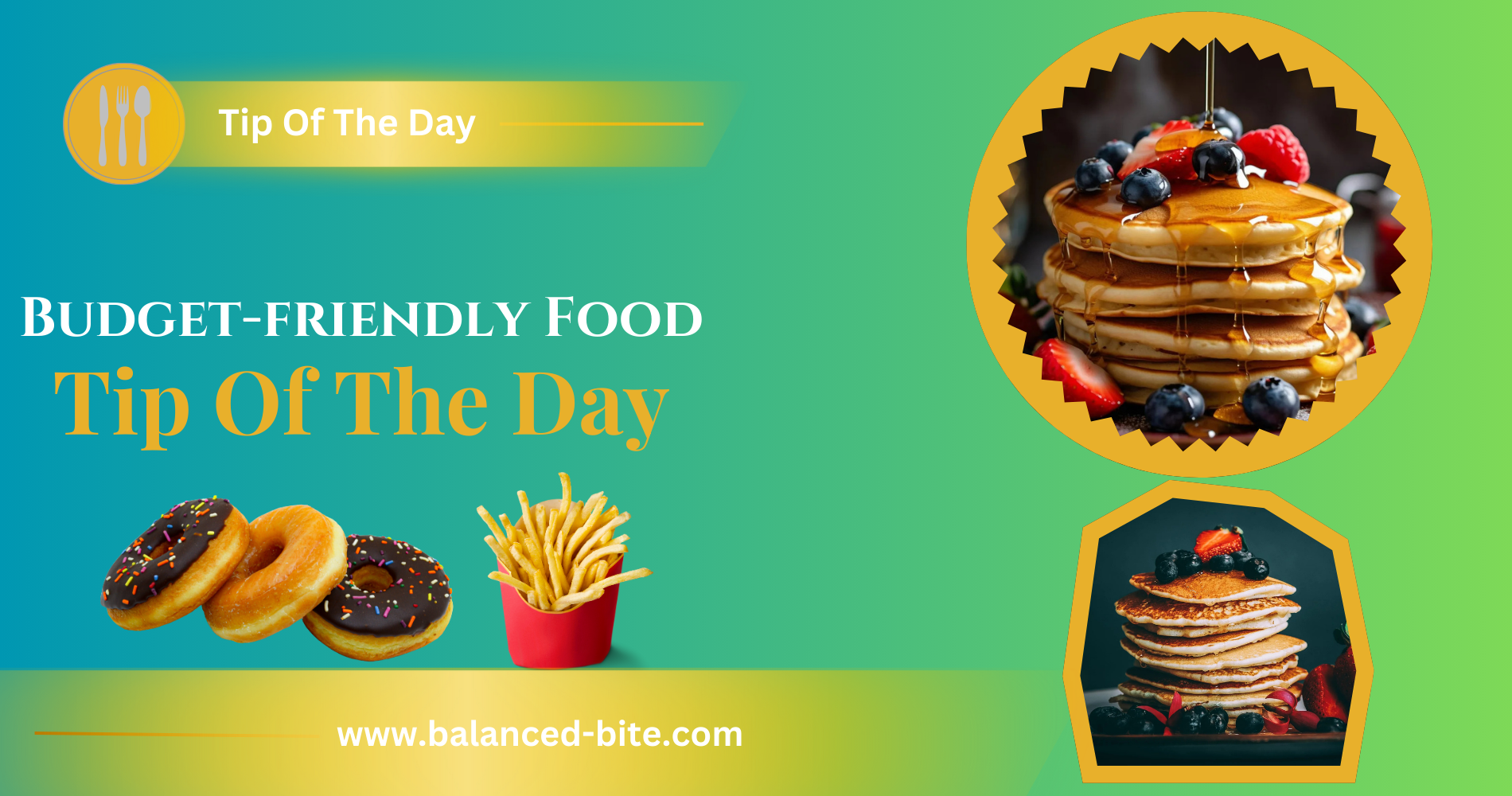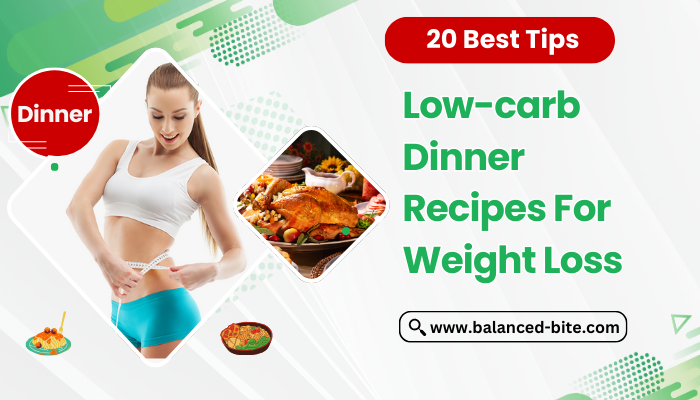Have ever heard someone claim that "Breakfast is the most important meal of the day"? Another person says the lunch meal is important while another person claims dinner is the most important meal. It's a bit confusing! This is why a lot of people are asking, "Which Meal Is The Most Important Of The Day?"
In this section we will examine breakfast, lunch and dinner to find out the effects each has on your body. Learn the ways each meal can give you energy, allows you to think clearly, and aids in your development. We'll also explore what you can make the "most important" meal can differ for different people, and have different habits.
At the end of the day you'll understand that, instead of one special dinner, your body requires all of your meals to work as one team. This will enable you to make better choices about the food you eat each day.
1. What Is a Meal, Really?
An dinner is when you consume a certain quantity of food, typically at:
- Breakfast in the early morning
- Lunch in midday
- Dinner in the evening
A few people also consume snacks between meals.
A delicious meal is usually accompanied by:
- Carbohydrates (carbs) can give you energy, such as pasta, bread, rice potato, fruits, etc.
- Protein - aids in the growth and repair muscles. It is found in eggs fish, meat nuts, beans, dairy
- Fats healthy fats offer an energy boost for a long time and also aid in the development of your brain, such as avocado walnuts, nuts, olive oil
- Vitamins and mineral can help your body function properly, and are found in the fruits and vegetables
Think of your body as car: vehicle:
- Carbs = gasoline
- Protein = spare parts that can be used to repair the vehicle
- Fats = extra fuel tank
- Vitamins and minerals equal fluids and oil to keep everything running efficiently
If you offer your body one nutritious food and then forget about the rest it's similar to filling up the vehicle once and then wishing it'll be running all week. It's not very effective.
Read also: Budget-friendly Food Tip Of The Day
2. What Does "Important" Mean for a Meal?
When people refer to "important," they usually refer to:
- It provides you with the energy when you require it.
- It allows you to concentrate at school or in other activities.
- It helps support your development and overall health
- It is a good fit for perfectly with your everyday routine and also your cultural background
Instead of asking:
"Which meal is the most important of the day?"
It is probably better to inquire:
"Which meal is most important for me, right now, for what I'm doing today?"
The answer could be different dependent on
- What time do you get up?
- How long is
- You can play sports, or participate in other physical actions
- How do you feel when miss or delay eating meals
Let's take a look at each meal in turn and determine what its role is.
3. Breakfast: The "Famous" Important Meal
3.1 Why Do People Say Breakfast Is So Important?
Consider your day:
- Dinner is served in the evening
- Then you go to sleep for 7 to 10 to 8 hours (hopefully!)
- While you sleep the body is doing its work: breathing, expanding and healing cells
- You're not eating the entire period of time.
In the morning you've spent the day eating (not having food) for quite a while. "Breakfast" literally means "breaking the fast."
A great breakfast is:
- Make sure you replenish you tank of energy tank
- Help you focus in class
- Enhance Your general mood (less fatigued or grumpy)
- Stop yourself by feeling to hungry and then overeating junk food
Numerous studies have shown that children who eat breakfast regularly:
- Make sure you pay more attention at the school
- Get more energy and stability
- Sometimes, they do better at tests (because their brain is fuelled)
3.2 What Makes a Good Breakfast?
Breakfast isn't only sugar. If you consume only sweet cereals or cakes it is possible to experience an energy boost but then crash.
The best options are:
- Whole grain carbohydrates include oatmeal whole grain bread whole grain cereal
- Protein eggs and yogurt, cheese, nuts, milk
- Fruit: banana, apple, berries, orange
A good example of a healthy breakfast:
- Oatmeal in a bowl, with slices of banana
- A boiled egg, or a little yogurt
- A glass of milk or a glass of water
Breakfast that is this kind of food gives an energy boost and aids your brain to focus.
3.3 What Happens if You Skip Breakfast?
It's not common for everyone to eat breakfast, and some claim that they don't feel hungry when they wake up in the morning. For many children who skip breakfast, it can result in:
- Tiredness
- Headaches, stomach aches, or stomach gurgling
- Focusing problems
- Are you constantly annoyed or cranky?
It's fine to skip breakfast occasionally however, doing it all day long is not ideal for a body that is growing. Does it mean that eating breakfast should be never the most vital food for every person? But not exactly. Let's take a look at lunch.
Read also: Estroven Weight Management Reviews
4. Lunch: The Midday Power-Up
4.1 Why Lunch Matters a Lot
For the majority of 11-12-year-olds the following lunchtime events occur:
- In school, typically during the middle of the school day.
- After a few hours of classes in the morning, I was ready to go back to work.
- After afternoon classes or clubs
By lunchtime:
- The energy you have for breakfast could be low
- It has worked all day long
- You may be moving during PE or doing other activities.
Lunch is a great way to get your lunch break to recharge.
If you're not having a satisfying lunch, you might think:
- In the afternoon, I'm sleepy.
- Distracted and easily distracted
- Energy levels are low for homework or sports
4.2 What Makes a Good Lunch?
A good meal usually comprises:
- Carbs to boost energy include pasta, rice potatoes bread, wraps, bread, tortillas
- Protein to build the strength Chicken, fish beans, lentils eggs, tofu, cheese, eggs
- Fruits, vegetables and/or veggies such as carrot sticks, salad grapes, apples, and so on.
- It is a drink that is water is ideal all the time
Example school lunch:
- Whole grain sandwich with cheese and turkey or Hummus
- A few cucumber or carrot sticks
- The fruit is a small piece
- Water bottle
This kind of meal will keep you energized through the night.
4.3 Is Lunch More Important Than Breakfast?
For certain youngsters... Yes lunch can seem like a priority, but this is especially when:
- You don't have the time to make an enormous breakfast
- You participate in sports or club activities that take place after school.
- The school day can be very long
If you're having a small breakfast, but you have a substantial lunch, then lunch could be the moment to are finally able to give your body the proper energy. Also, your "most important meal" can be contingent on your timetable and the needs of your body.
5. Dinner: The Evening Rebuild Meal
5.1 Why Dinner Is Important
Dinner is usually served:
- After school
- Occasionally, after sports practice or other activities
At this point, your body's:
- Have been up and working for a long time
- Utilized a large amount of energy
- Perhaps moved around a lot (walking or playing PE, sports)
The food you eat can help your body:
- Refill energy stores
- Repair damaged tissues and muscles
- Get ready for nighttime growth and recovery
Keep in mind that you increase your growth rate while you rest. Your body utilizes the nutrients in every meal even dinner to build muscles and bones.
5.2 What Makes a Good Dinner?
A strong dinner might include:
- Carbs include: potatoes, rice and pasta. couscous, couscous is a type of whole grain bread
- Protein such as chicken, fish eggs, beans tofu, lentils
- Many vegetables such as broccoli, salad peas, carrots mixed vegetables
- A healthy fat Olive oil, avocado or nuts (if it's appropriate to the meal)
Example dinner:
- Baked fish or chicken that has been grilled
- Baked potatoes or brown rice
- A large portion of mixed vegetables
- Drinking a glass of water
5.3 Can Dinner Be "Too" Important?
Sometimes, people consume only a small amount throughout the day, and then consume dinner that is a massive dinner. This can result in:
- You're eating too much because you're hungry
- Not feeling full enough or uneasy
- You may feel tired in the daytime when you really need it
Your body requires fuel throughout all day not just in the evening. So, even if you eat a large meal and expensive, it should not become one of the only delicious meal you can enjoy.
6. What About Snacks?
Snacks are little portions of food you consume in between meals. They're not meals in and of themselves However, they can be beneficial when:
- The meal is spread out over a prolonged time between meals.
- There is a sports session in the evenings after school.
- You begin feeling tired or you feel very hungry.
Healthy snacks can be:
- Fruit (apple, banana, berries, grapes)
- Nuts (if you're not allergic)
- Yogurt
- Carrot sticks and cucumber slices
- Whole grain crackers
Snacks that are less healthy particularly in large quantities, include:
- Chips
- Candy
- Cookies
- Sugary drinks and soda
Sometimes, they can be fun However, if you eat too many in them can cause:
- Do not be fully fueled for too long.
- Can cause sugar crashes
- This could lead to an unhealthful weight gain in the course of time.
Snacks can be thought of as small energy boosters. They're in no way "the most important meal," however they are a good supplement to the main meals.
7. So Which Meal Is the Most Important?
Let's be mindful.
7.1 Reasons People Say Breakfast Is Most Important
Breakfast is a popular choice for people because of:
- It is the result of a lengthy night of fasting during sleep
- It provides the fuel to start your day
- It may help students focus better in schools.
For a lot of pupils, not eating breakfast can make the morning difficult. In this situation, breakfast feels like the most important meal of the day..
7.2 Reasons Lunch Can Be Most Important
Lunch is crucial in the following situations:
- The school day isn't over
- You're a member of clubs or sports that you can join later
- Breakfast was not big or fast
In the event that lunch will be your sole nutritious meal you'll have prior to an afternoon of activity, then lunch could be your most crucial food item.
7.3 Reasons Dinner Can Be Most Important
Dinner is important when:
- It's that time of year when your family gets together with you
- You expended a lot of energy throughout the daytime
- Your body requires nutrients to help it grow over time.
A meal is often a source of vitamins as well as minerals and protein you require. This is why it's extremely important as well.
7.4 The Real Answer
This is the truth:
For a growing, healthy eleven to 12 year-old, all meals are essential.
One meal is not enough to meet all the things your body requires. You require:
- Breakfast to kick off your day
- Lunch can keep you going
- A meal to replenish and rebuild
Instead of picking just one "most important" meal, it's best to go for:
3 balanced and healthy meals and healthy snacks, plus plenty of water
This combination keeps you focused, healthy and growing.
Read also: Healthy Eating Tips For Weight Loss
8. What Makes Any Meal Important?
The importance of a meal increases at the time:
-
Your body needs energy during that moment.
-
- After or before school
- Prior to or following or after
-
It is a healthy balanced nutrition
-
Carbs, protein, fats, fruits/veggies
-
-
You take regular meals, but not skipping meals too often
-
Your body enjoys routine
-
-
It is a good fit for your life and your cultural
-
- Different families and nations are different in their food habits
- Some people eat their largest meal during lunch, whereas others have dinner.
Therefore, the most important meal is typically the one that
- You actually consume
- Nourishes your body
- Aids you in deciding what you have to do next
9. How to Build a Strong Eating Routine (For 11-12 Year Olds)
Here's a quick daily plan you can visualize. It's not necessary to replicate the exact plan but it can give you a concept.
9.1 Morning
Breakfast (before school):
- Whole grain toast made of bread with cheese or peanut butter
- A banana, or a few fruits
- Milk or water
This will give you the energy to take your first class.
9.2 mid-morning snack (if required)
If your school offers snacks and you have a long wait to lunch time:
- An apple
- Or a small portion of yogurt
- Or A handful of nuts (if you are allowed and there are not allergic)
It's a small thing that will help you keep your energy level up.
9.3 Lunch (at school)
- Wraps or sandwiches that is filled with Protein (chicken cheese, ham eggs, beans, eggs etc.)
- Fruits are a piece
- Some veggie sticks
- Water
It recharges you to go out for lunch.
9.4 Afternoon Snack
If you are involved in music, sports or other interests in your spare time, consider:
- A bar of granola (not overly sweet)
- A fruit or a handful of nuts
- Or yogurt
This helps you feel more energetic to ensure that you don't feel tired when you practice.
9.5 9. Dinner (at home)
- A protein of some kind (chicken or fish eggs, fish, tofu, chicken)
- Rice pasta, potatoes, pasta or bread
- A healthy portion of vegetables
- Water
This assists your body in recovering of the stress and preps to the night.
10. Listening to Your Body
Every person is different. Some kids:
- Get up hungry
- People feel fuller during the late at night.
- Some are extremely active, whereas others are more active.
To figure out which meal is most important to you Consider:
- What time of the morning do I experience the most hungry?
- When will I feel like my energy is crashing?
- What food is it, if I eat it properly, makes the most impact in my mood?
If you notice:
- You're not able to focus during the day - breakfast could be the most important thing for you.
- You're hungry and tired during the afternoon. A lunch or a snack during the afternoon can be vital.
- If you wake up full of energy at night and might require a healthier meal.
Your body sends you signals. Pay attention to them.
11. Common Myths About Meals
Let's look at a few myths that you may hear.
Myth 1 "If I eat a huge dinner, I don't need breakfast."
It's not true. A giant dinner does not provide you with the energy for the day ahead. After a long night of rest your body requires energy in the morning.
Myth 2 "Skipping meals helps you stay slim."
For children who are growing This is typically an risky choice. The consequences of skipping meals are:
- Very hungry afterward
- More likely to consume excessive amounts of junk food
- Energy levels are low for school and sport
Healthy weight is a result of well-balanced food and movement without over-feeding your body.
Myth 3: "Only breakfast matters; the rest are not important."
This is not the case. If you have breakfast but do not eat lunch or dinner then your body will not be getting the nutrients it requires. Every meal is the capacity to perform.
12. How Culture Changes Which Meal Feels "Biggest"
In certain countries:
- The most important meal of the day is lunch.
- Families leave at noon and have a large meal
In other locations:
- The main meal of the day is dinner.
- People eat more during the evenings when everyone is at home
Does this mean that children in one nation are healthier than others because of the meal that is the largest? No.
What's more important is:
- Do the food items well-balanced?
- Does the child get enough nutrition throughout the day?
Therefore, "most important meal" is also a popular cultural idea, and not only an health-related rule.
Read also: The Bacon-Loaded Egg Salad Recipe You Need
13. Practical Tips for You
Here are a few simple rules to follow for an 11-12-year old.
13.1 Try Not to Skip Meals
- If you're rushing to get up take a simple breakfast with yogurt + fruit or toast with milk
- Make sure you have a packed lunch for the night prior If you can
- Get help from adults to plan meals, if you need it.
13.2 Include at Least 3 Food Groups in Every Meal
Try to include:
- 1 carb (bread, rice, pasta, potatoes, fruit)
- 1 protein (egg beans meat, cheese yogurt)
- 1 fruit or veggie
This makes any meal into an "strong" meal.
13.3 Drink Enough Water
Sometimes, you're hungry and you're only dehydrated. The body needs water to digest the food you've eaten effectively.
13.4 Notice What Works for You
Pay close attention to:
- How you feel after different meals
- What foods will give you long-lasting energy
- What foods cause you to be feel tired or sleepy?
In time, you'll be able to figure out what type of meals, breakfast, and dinner are the best choices to your health.
FAQ's: Which Meal Is The Most Important Of The Day
Q1 Is breakfast one of the main meals of the day?
Answer: breakfast is extremely crucial because it kicks off your day. However, meals and lunches are also vital. When you have a growing child, all meals matter.
Question 2: What should I do if I'm hungry but not in the first thing in the morning?
A: That's okay. Try something small, like an apple, yogurt, or even a piece of toast. There's no need for a big breakfast, but some fuel can help your brain to function better.
Q3: Can snacks replace meals?
A: Not really. Snacks can be helpful, but not heroes. They are a great complement to food, but they should not replace it completely.
Q4: What is the best meal?
Answer: It depends on your family's lifestyle and routine. Certain people consume more food at lunchtime, while others have dinner. Make sure that all meals are healthy.
Question 5: What happens if I do eat a lot of Fast meals?
Answer: That's okay once every once in a while. The aim isn't for you to achieve perfection, rather rather to make healthier choices the majority of the times. Try to eat more vegetables, fruits and even water whenever you can.
Conclusion
What do you think, which meal is most crucial of each day? If we take a look at lunch, breakfast, and dinner, it is easy to discern that each meal has its own role. Breakfast provides you with a solid start while lunch fuels you throughout the day, and dinner can help your body to recover and develop as you relax.
There's not a single winner for all. The most important food of the day could vary based on your routine, your activities and the way your body is feeling. The most important thing is eating regularly, well-balanced meals which contain energy-generating foods (like rice or bread) as well as body-building food (like beans or eggs) as well as plenty of fruits and veggies.
When you're thinking about the meal that is Most Important of the Day Remember that the meals you eat are like colleagues. You'll feel the most at ease when each of them perform their jobs. If you pay attention to the body's signals and select healthy food choices, each meal is crucial to aiding you in your growth, learning and perform at your best.
